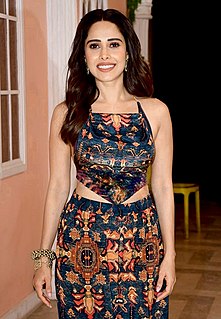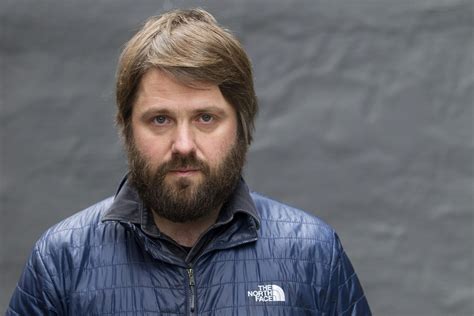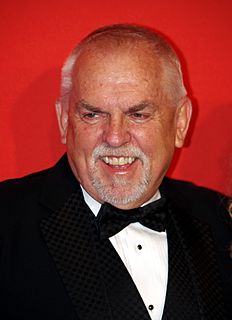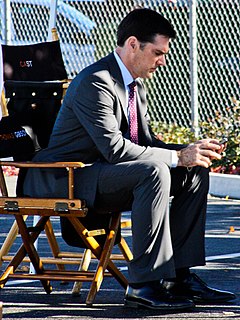A Quote by Nushrat Bharucha
I don't do a film with which I myself won't be happy. More than believing in the script, it should be fun shooting it.
Related Quotes
I didn't even think about it when I read the script and then shooting their movie and someone was like "boy, press is going to be fun". And I didn't really know what they were talking about because to me it's just a film shows it as an extremely viable option which is obviously the most important thing for young individuals.
If you make a film, that magic is not there, because you were there while shooting it. After writing a film and shooting it and being in the editing room every day, you can never see it clearly. I think other people's perception of your film is more valid than your own, because they have that ability to see it for the first time.
When you try to be true to the script, changes occur. A script is there to show us a certain direction. But when you actually have the actors in and you start shooting the movie, you have the actor say a line and it doesn't sound right so you change it and make it different. It's the script that gives birth to these changes and the more you try to stay true to the script, the more that happens.
There were a couple of times, leading up to shooting [Ordinary World], where I was like, "Oh, my god, what did I get myself into? Hopefully, I don't ruin this guy's precious script." And then, after a couple of days of shooting, I started getting in the groove of it and it was really fun. I love being a rookie at stuff. It makes it feel vital. I love doing things I've never done before, and I love making stuff.
I never went into business just to make money - but I found that if I have fun, the money will come. I often ask myself, is my work fun and does it make me happy? I believe that the answer to that is more important than fame or fortune. If it stops being fun, I ask why? If I can't fix it, I stop doing it.
Well, there's two things I have criteria for doing a film: The script, which is the story, and the filmmaker, and it's a filmmaker's medium. I like really strong directors, and so when I do a film, I'm out there to serve the director, really, which is in turn to serve the script, to serve the director cause he's the one making the film. I relied on Todd Haynes for that.




































